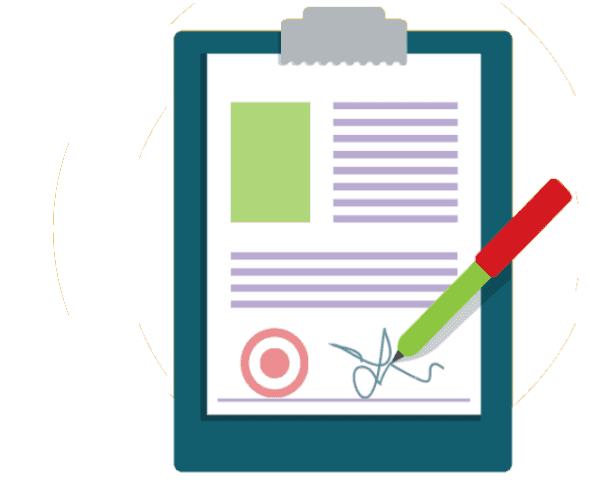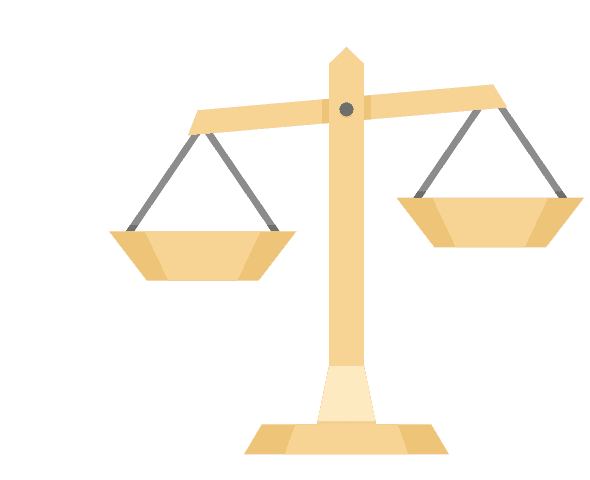Let’s say you’re approaching the final milestone of your home buying journey. Closing day is just around the corner and you’re excited as it marks the moment when the property officially becomes yours. To ensure a smooth and successful transaction, you’ll want to be thoroughly prepared. From understanding the required documents to knowing what to expect on the big day, being organized and informed can make all the difference.
Here’s a comprehensive checklist along with some valuable tips to guide you on the day you get possession, helping you transition into homeownership with confidence and ease.
1. Review Your Closing Disclosure
Before closing day, you should receive a Closing Disclosure from your lender. This document outlines the final terms of your loan, including the interest rate, monthly payments, and all the fees you’ll be paying.
Pro Tip: Compare this with the Loan Estimate you received earlier to ensure everything matches up. If there are significant discrepancies, contact your lender immediately.
2. Conduct a Final Walkthrough
A day or two before closing, you’ll have the opportunity to do a final walkthrough of the property. This is your chance to ensure the home is in the agreed-upon condition. During this walkthrough, you’ll want to verify that any repairs requested after the home inspection are completed and all appliances and systems (HVAC, plumbing, electrical) are functioning properly. As well, be sure to check that the home is clean and all agreed-upon personal property (like appliances, drapery or lighting) is left behind.
3. Gather Required Documentation
You’ll need to bring several documents to the closing appointment. These include:
- Government-issued ID: To verify your identity.
- Proof of Homeowner's Insurance: Lenders typically require proof that the home is insured from the day of closing.
- Funds for Closing Costs: This can include your down payment and other closing fees. These funds should be in the form of a cashier's check or wired to the escrow account.
4. Understand the Paperwork
You’ll be signing a lot of documents on closing day. It’s crucial to understand what you’re signing. These include:
- Promissory Note: This is your agreement to repay the loan.
- Mortgage/Deed of Trust: This secures the note and gives the lender a claim against the home if you fail to make payments.
- Closing Disclosure: Confirms the final terms of your loan.
- Deed: Transfers ownership of the property from the seller to you.
Pro Tip: Don’t hesitate to ask questions if you’re unsure about any documents. Your real estate agent, lender, or attorney can help clarify.
5. Bring a Support System
Consider bringing your real estate agent, and if applicable, your lawyer to the closing. They can offer support, answer questions, and ensure everything goes smoothly.
6. Inspect Closing Costs
Be prepared to pay closing costs, which typically range from 2% to 5% of the loan amount. These can include loan origination fees, title insurance, appraisal fees, and more.
Pro Tip: Make sure you understand each fee listed and ask your lender if any costs seem unclear or unexpected.
7. Take Your Time
Closing day is a significant event, and it’s important to take your time to review each document carefully. Don’t feel rushed – this is your opportunity to ensure everything is in order before you take possession of your new home.
8. Celebrate!
Once all the documents are signed and funds are transferred, you’ll receive the keys to your new home. Congratulations, you’re now a homeowner!
Pro Tip: Plan a small celebration or moment to mark this milestone. Buying a home is a significant achievement, and you deserve to enjoy it.
Closing day can feel like a whirlwind, but with careful preparation and a clear understanding of the process, you can navigate it with confidence. By following this checklist and taking the time to review and understand your documents, you’ll be well on your way to enjoying your new home.
Want to learn more about what to do after closing day? Read our blog for a checklist of everything you need to know once you’ve closed on your home.








